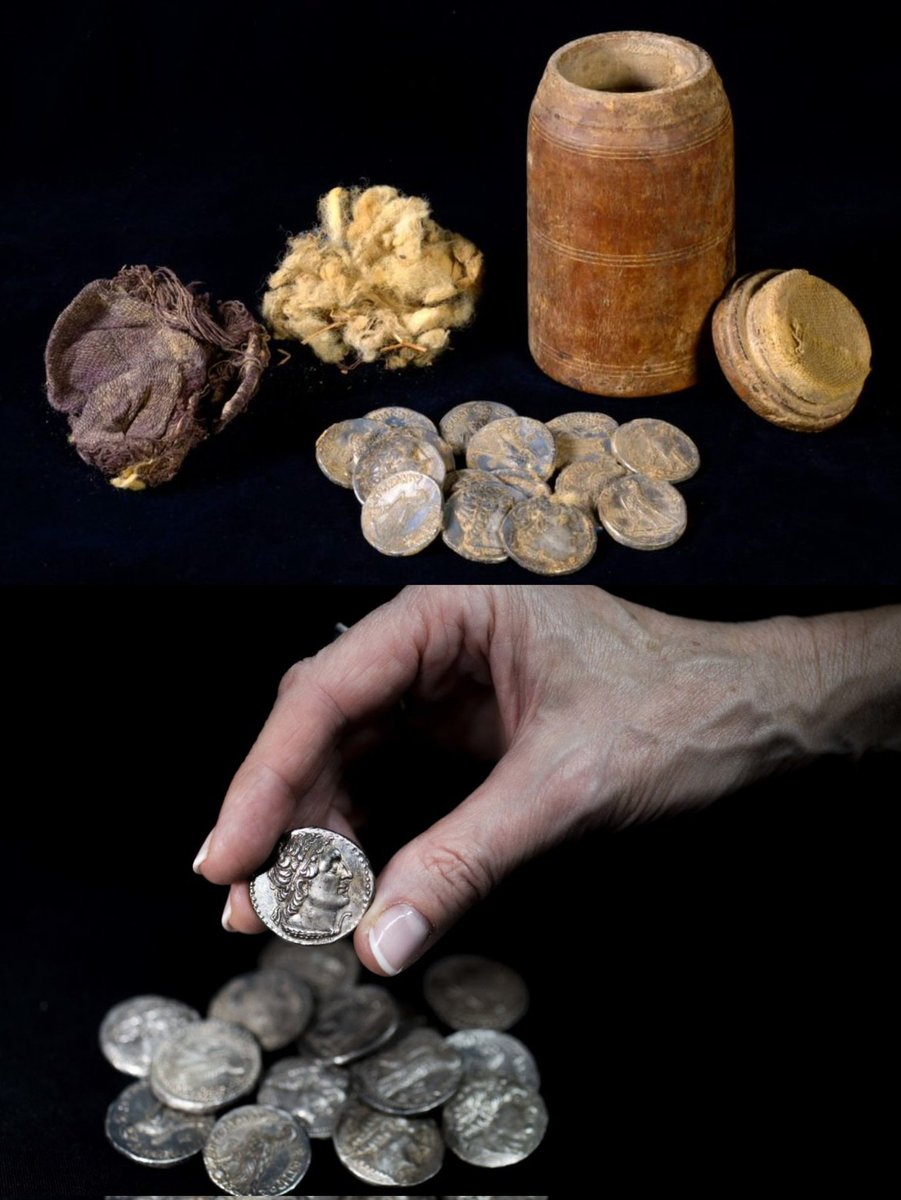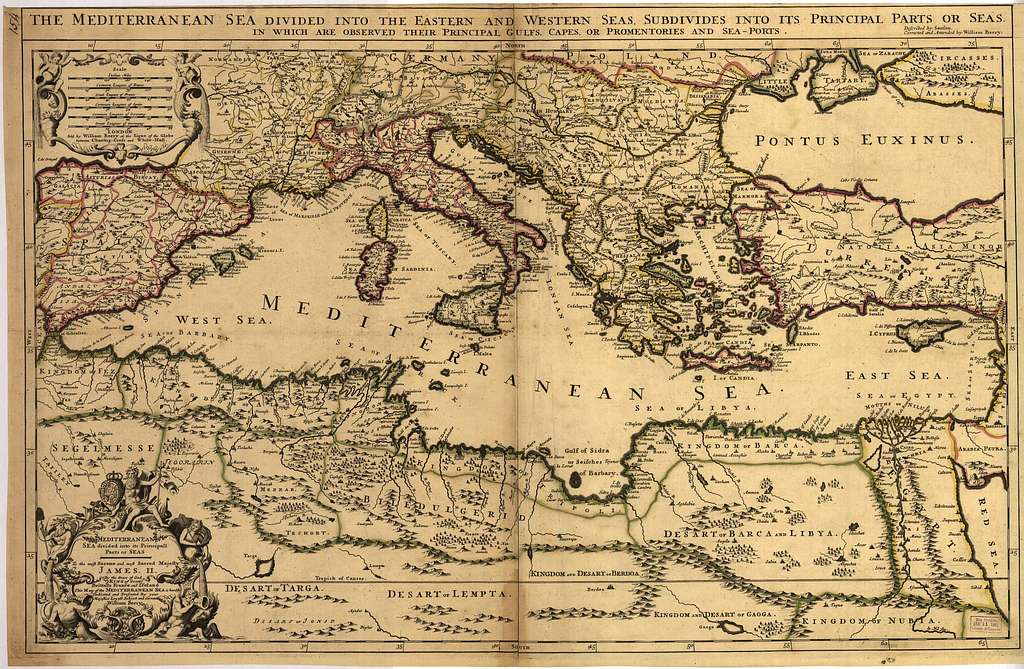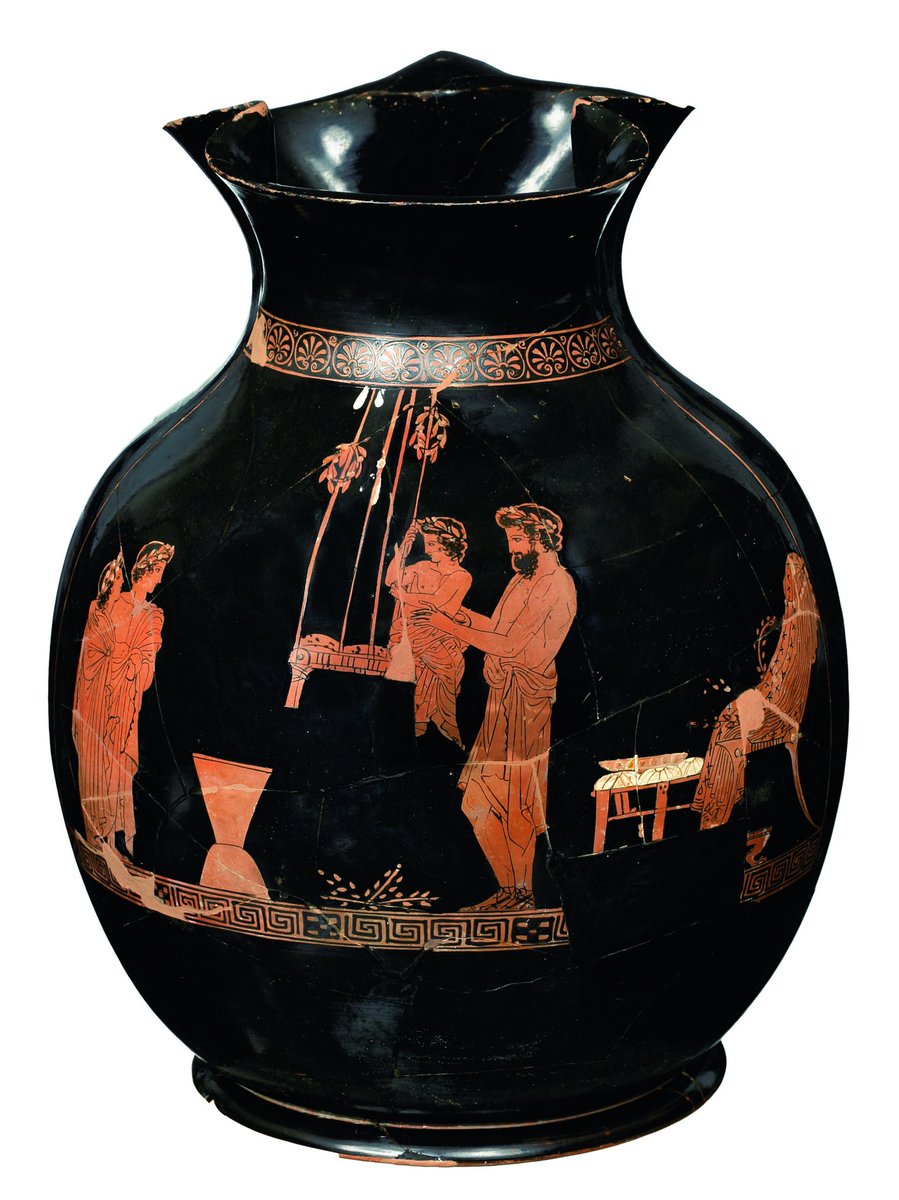Over the course of centuries, people from across the Greek world traveled to the Oracle of Dodona in Epirus and asked questions inscribed on lead tables.
More than 4,000 have been discovered and give a fascinating insight into what the people of #AncientGreece were thinking.
More than 4,000 have been discovered and give a fascinating insight into what the people of #AncientGreece were thinking.
©From 2015 exhibition in the Acropolis Museum and the Ephorate of Antiquities of Ioannina in Epirus. The exhibits are on loan from the Ioannina Museum and the National Archaeological Museum’s Karapanos Collection.
theacropolismuseum.gr/en/museum-abro…
theacropolismuseum.gr/en/museum-abro…
Dated from the 6th c. BC until the first centuries AD, provide an authentic, primary material.
Here⬇️:Epilytos (probably from South Italy/Magna Grecia) was amazingly brazen in the number of questions he posed at the same time (to save money by paying only one consultation fee?)
Here⬇️:Epilytos (probably from South Italy/Magna Grecia) was amazingly brazen in the number of questions he posed at the same time (to save money by paying only one consultation fee?)

Do you remember Myrta from the video above? She asked if she will become a widow...well, she apparently returned to the Oracle for another consultation later 😌... 

From the tablets we can understand that the Ancient Greece society wasn't static but people were preoccupied over everyday problems, thinking of making changes either in their personal lives or in their careers. archaeology.wiki/blog/2018/03/2… 

Some interesting texts:
A certain slave asked the Oracle if it will be beneficial for him to get its freedom or he should remain with his master, revealing the complexity of slavery in antiquity and the human fear over new beginnings and the challenges to be a free citizen.
A certain slave asked the Oracle if it will be beneficial for him to get its freedom or he should remain with his master, revealing the complexity of slavery in antiquity and the human fear over new beginnings and the challenges to be a free citizen.

And in another one we see a pilgrim asking the Oracle if he should consulted the priests or the doctors for a condition that he suffered from.
Let's hope that the Sacred Oak told him to consult a doctor...
Let's hope that the Sacred Oak told him to consult a doctor...

• • •
Missing some Tweet in this thread? You can try to
force a refresh















